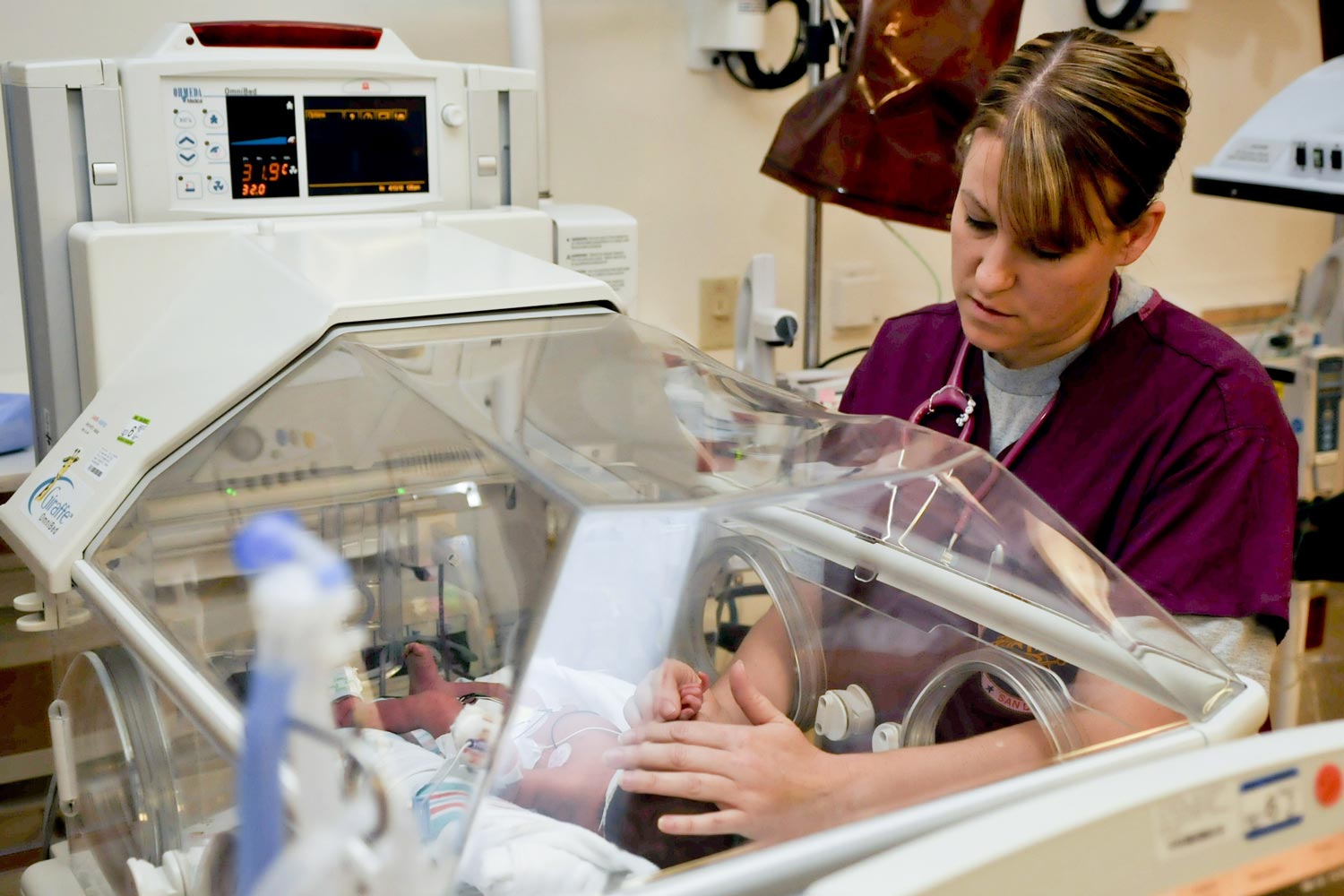We have received questions about healthcare in Israel and specifically in Ashkelon. Below is an answer to one person considering Aliyah.
Navigating the healthcare system in Israel, like most systems here has its challenges. Besides the issue of language, there are bureaucratic obstacles that differentiate the Israeli system with four Kupot (HMOs) from a US HMO or a single payer system. That means if someone needs surgery or a service at a hospital, they have to get a referral from the specialist and then get a commitment of payment from their Kupa. This is a pain in the butt, but once you get used to it, navigating the system becomes easier.
Language can be an issue, but many young specialists study abroad and have exposure to English. Once you find a GP that you feel comfortable with, they can refer you to specialists that they recommend and can also speak English. We have found many physicians that studied in Russia, that can’t speak English, actually know enough to get by and will make an attempt to communicate what you need to know. All the kupot have very sophisticated websites where you can make appointments, renew prescriptions etc. You can view your test results, compare to previous tests and check your prescriptions. Our kupa’s website (Meuhedet) is Hebrew only, and I believe the other three as well. The central number of the Kupa that you call for appointments has English-speaking reps. The first thing to do when navigating Hebrew websites is to install Google translate in your Chrome browser and translate Hebrew pages into English at the click of a button.
I agree with you about Americans being satisfied with healthcare here. I believe Brits and Canadians, despite that they come from healthcare systems that are rated higher than American healthcare (Canadians have a higher life expectancy than Americans and pay 10.3% of GDP compared to 17.8% of the U.S. GDP.), are also generally satisfied with the system here. But, as you pointed out, there are frustrations with the system. I needed an MRI and had to call different centers that offered the service, get a confirmation, then go back to my Kupa to get a form saying that they will cover it. The wait was supposed to be over two months, but I called another service and was able to get an MRI within weeks at 5:00 AM (they run the machines almost 24 hours/day).
I headed a department at a large hospital and used to see Israelis come for specialized surgery that was unavailable in Israel. Since then, so many Israelis specialists have learned in the US that those numbers have dwindled. Israeli healthcare has made advances at a very high pace, putting it in a ranking above many western countries.
One area that still needs to improve is transplants. There are not enough organs taken from patients that have passed on, because of religious and cultural taboos. Even though rabbis have encouraged all Israelis to sign up for an Adi card (identifies the person as one who is willing to have organs used in transplants), the rate of transplants compared with the US is abysmally low.
Other areas where there are long waits are dermatology and ophthalmology. Those two specialties also have delays in the U, and in fact, around the world. To ease the wait times, one of the Kupot started a program where patients photograph their skin, fill in a form and a dermatologist diagnoses and offers treatment or requests that the patient schedule an in-clinic visit for further analysis. There is a lot of innovation in Israel and many new medical devices and services come from Israel. During Covid, experimental treatments at hospitals made breakthrough discoveries and the rate of vaccination was so high here that some specialists feel that we have attained herd immunity.
One of my relatives (in the US) had an amazing healthcare plan, but was diagnosed with a terminal illness. The problem was that he was expected to live beyond the limits of his plan to cover his expenses. He was facing bankruptcy. Like 65% of US bankruptcies, inability to cover healthcare was the cause. While there are certain procedures and drugs not covered in Israel, these issues are not common.
Would you be happy with the healthcare system here depends on your expectations and the services that you will require. It is definitely not the same as in America and it is hard to make a direct comparison. As you can see from the paper below (Measuring Overall Health System Performance For 191 Countries), sophisticated calculations are needed to make direct comparisons of the different healthcare systems. If you know you require surgery or a prodecure before making Aliyah, I suggest doing it now, in the US, so you will not have to deal with the Israeli system as a newbie.
Aside from the numerous studies comparing systems, on a personal level, I would say that in most cases, the healthcare in Israel is good and getting better all the time.
Here in Ashkelon, we have the Barzilai hospital which has a very good reputation. But hospitals, while trying to service all patients, usually are better in some areas than others. The hospital I worked in was excellent when it came to cardiovascular surgery, transplants and many other areas, but ophthalmology patients usually went to another hospital for surgery. Ashdod is a 20-minute drive away and has more specialties. When we chose Ashkelon, we checked out Barzilai’s reputation, because sooner or later, we all need hospital care. Our daughter has needed their services (twice) and we were impressed at their efficiency and her treatment.
BTW, I have seen studies on the health benefits of living near the sea and I am writing this post after taking a long walk on the beach with my wife and dogs.

